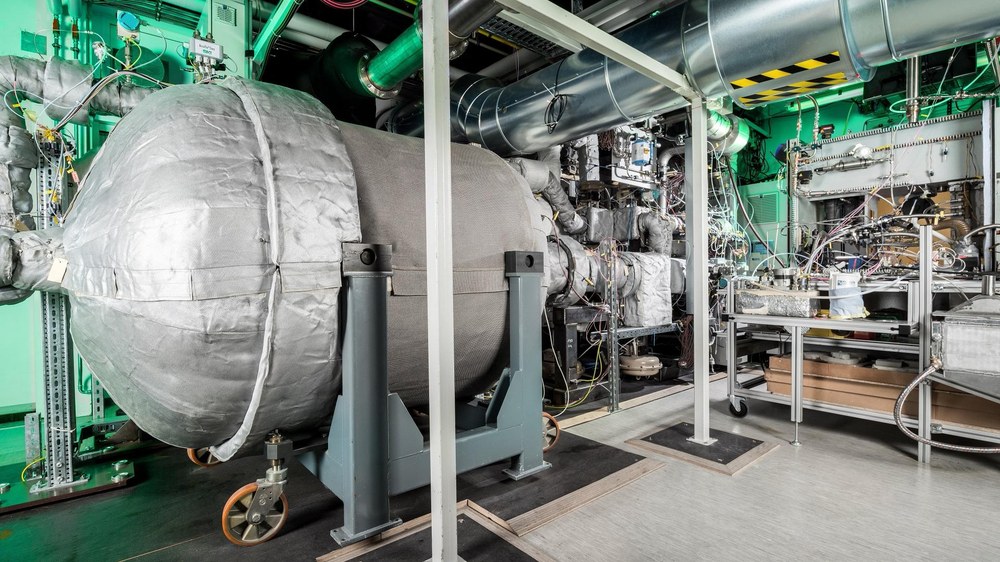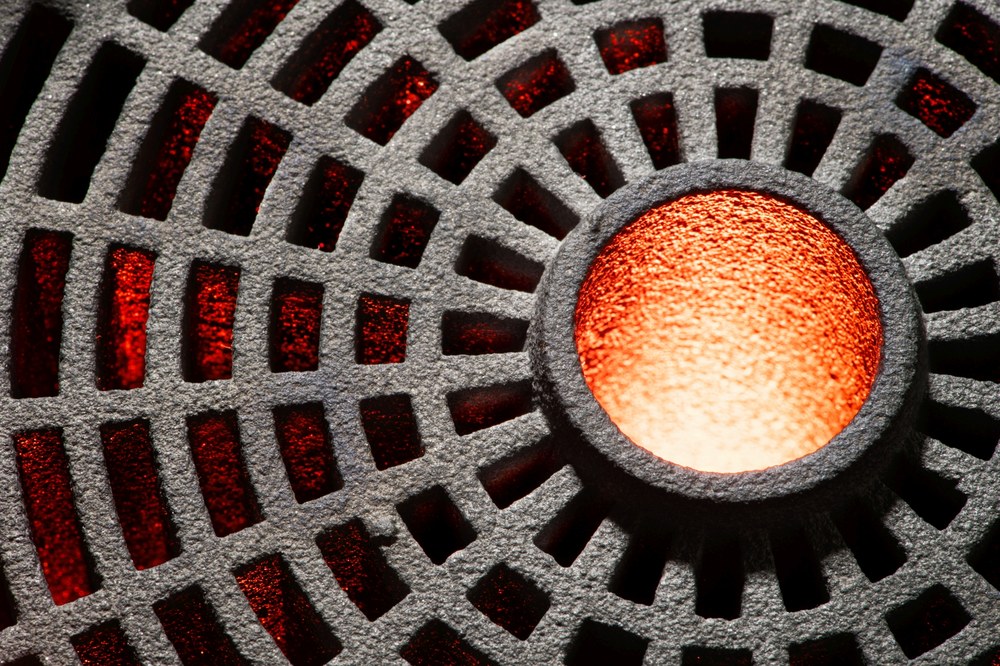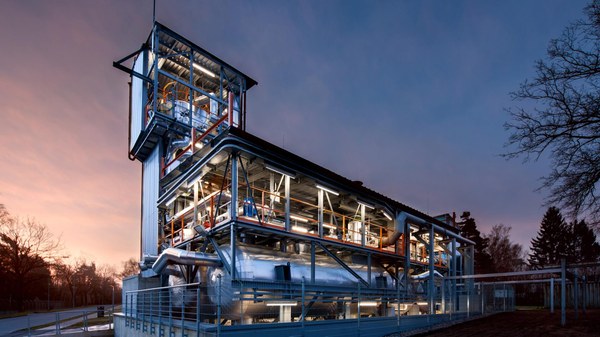JouleFlex


Energy generation is increasingly derived from renewable sources, giving rise to the need for flexibly generated electricity available precisely when needed. A similar transformation is required in the heating sector, where efficient solutions for renewable heat generation are necessary as dependence on fossil-fuel-based combined heat and power (CHP) technologies decreases.
As we shift towards renewable-based heating, efficient and adaptable power-to-heat technologies, as well as alternative fuels, are essential for both centralised and decentralised applications.
Electricity-heat-electricity systems offer substantial cross-sector potential for meeting these requirements by ensuring demand-driven energy management through high operational flexibility, thereby supporting a successful energy transition. As storage systems, they enable the on-demand provision of both electrical and thermal energy.
Two promising technologies across different power classes support this approach:
- Micro gas turbines with an electrically heated solid-state heat storage unit integrated into the overall system
- Large-scale Carnot batteries based on the Brayton cycle
The micro gas turbine with integrated, electrically heated solid-state heat storage presents significant market potential for commercial CHP applications, along with applications in residential neighbourhoods. Its decentralised design and fuel-flexible combustion system make it well-suited to diverse, localised energy needs.
Conversely, large-scale Carnot batteries based on the Brayton cycle offer increased flexibility and efficiency for industrial applications and grid stability due to their power-plant-scale capacity. Carnot batteries store electricity in the form of thermal energy, with electricity converted to heat during charging and held in a thermal storage unit. During discharging, the stored heat is converted back into electricity.
The JouleFlex project focuses on advancing these two technologies for experimental testing and analysis of the system dynamics. For the storage-coupled micro gas turbine, this involves developing a load-flexible combustion chamber, an inductive high-temperature electric heating system for solid-state storage, and comprehensive experimental testing through the virtual interconnection of subsystems. For the Brayton-based Carnot battery, the work includes investigating the dynamic aspects of components and systems to evaluate their potential in various target markets, particularly for combined heat, power and cooling applications.
Core research and development focus areas
- Development of a combustion chamber with variable aperture geometry, incorporating an integrated high-temperature valve mechanism that enables load-independent dynamic adjustment of the air-fuel ratio in the combustion chamber, thereby minimising pollutant emissions across a broad operating range. This technology is designed to significantly reduce exhaust emissions throughout the load range of a micro gas turbine, as well as in the preheating phase of the high-temperature heat storage unit.
- Design of an induction heating system capable of operating at temperatures exceeding 1000 degrees Celsius, with a high electricity-to-heat conversion efficiency.
- Development of compact, high-temperature, solid-state heat storage units for decentralised applications, engineered to minimise heat loss.
- Process simulations to investigate the most effective methods for integrating high-temperature heat storage with micro gas turbines and optimising their operation.
- Construction and operation of synchronised test stands for micro gas turbines and inductively heated high-temperature storage units to demonstrate virtually coupled operation.
- Development of dynamic system models for Brayton-cycle-based Carnot batteries, aimed at applications in the megawatt-hour and gigawatt-hour ranges.
- Identification of system configurations and operational strategies to evaluate the potential of Carnot batteries across various target markets for combined heat, cooling and power applications.
JouleFlex project – Joule/Brayton-cycle-based systems for flexible heating, cooling and electricity generation
- Duration: 1 January 2024 to 31 December 2025
- Leading institute: DLR Institute of Engineering Thermodynamics
- Project type: Core funding
- Funding body: DLR Energy Programme Directorate


